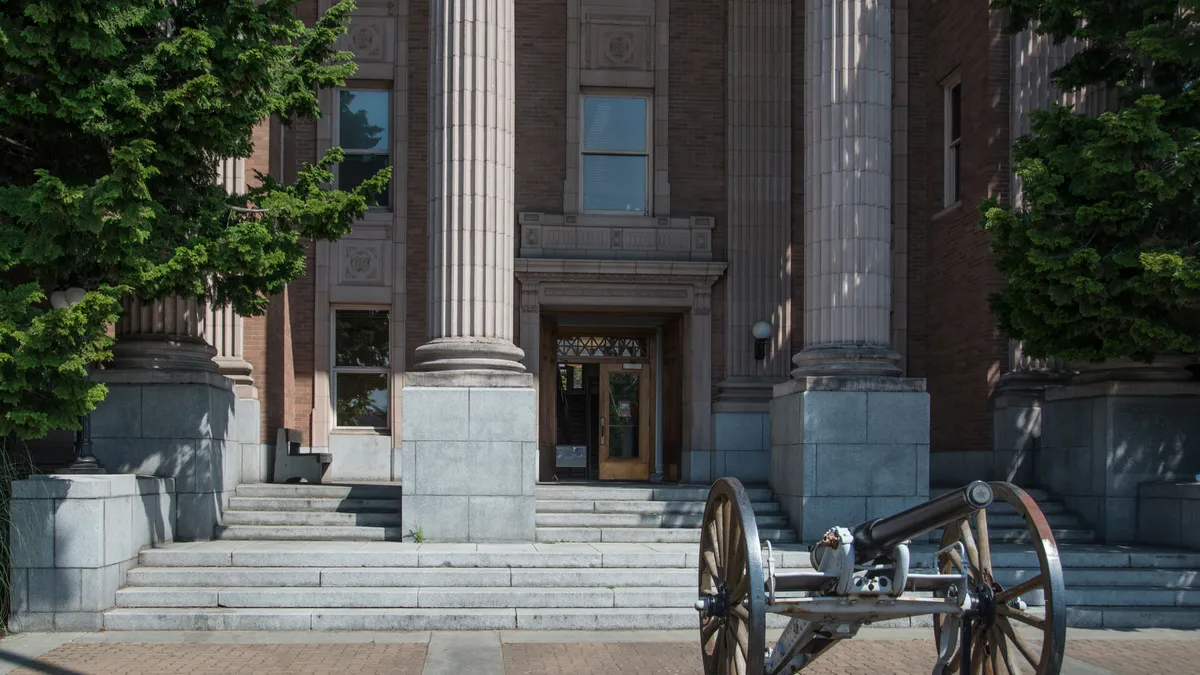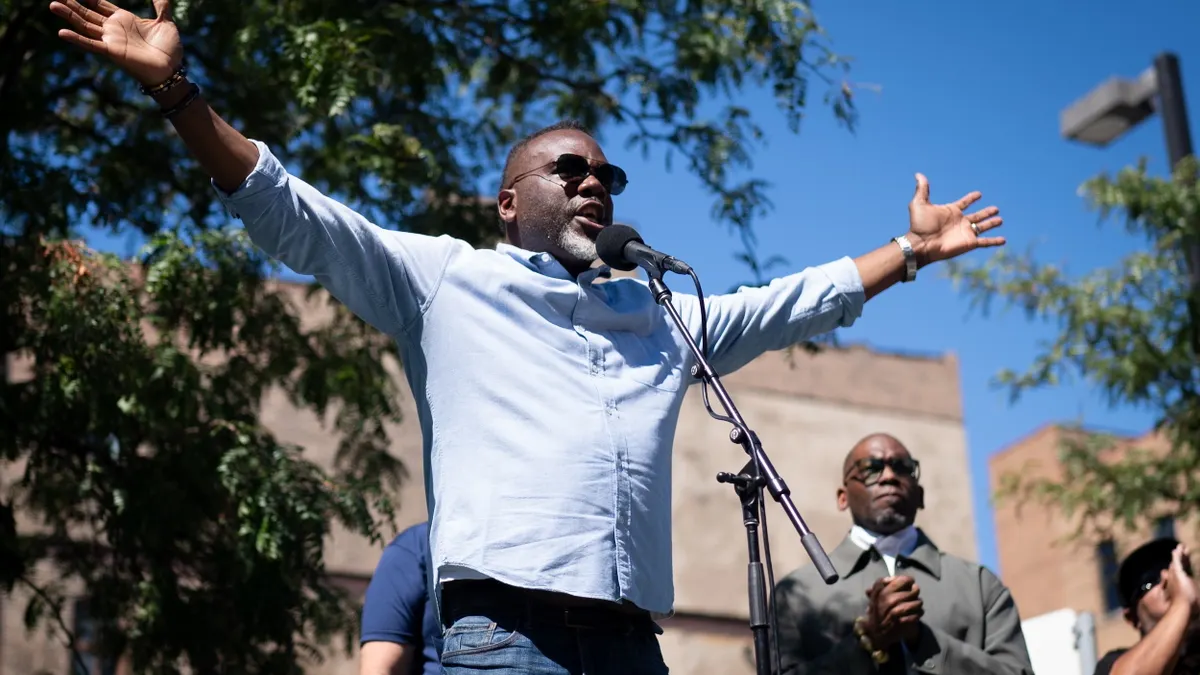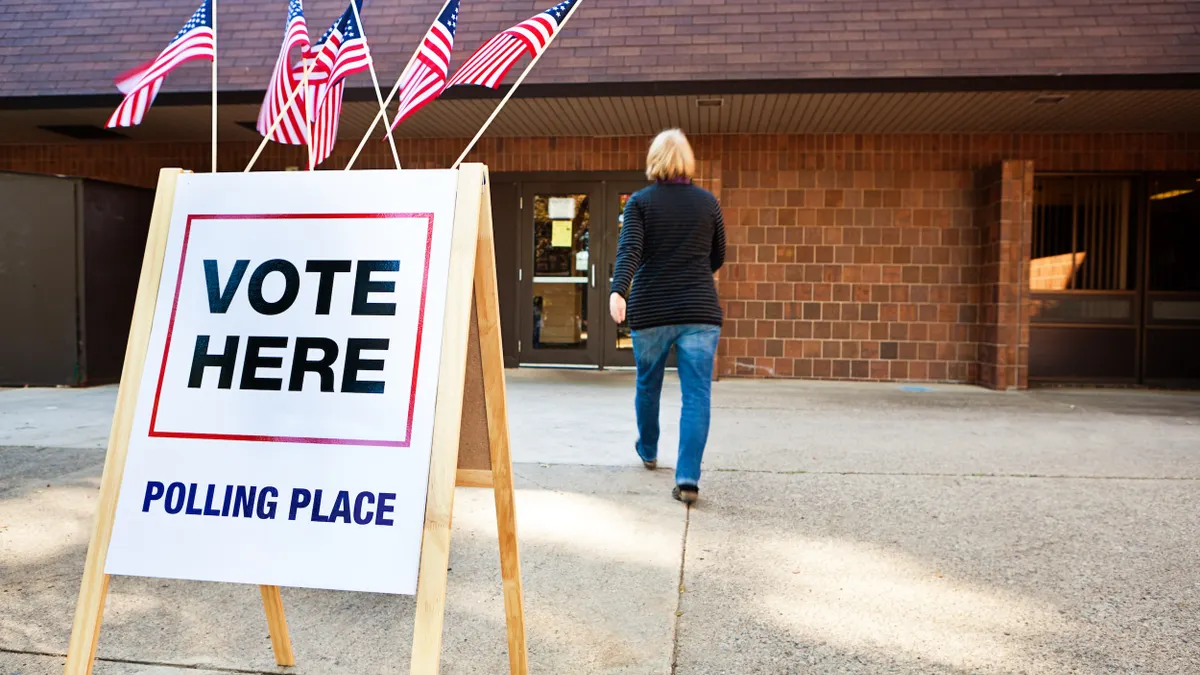Last November, Congress passed the $1.2 trillion infrastructure legislation, putting a historic amount of money in municipal pockets to fund pipelines, bridges, broadband and more.
Over the last decade, nearly $10 billion in infrastructure funding has been allocated through a discretionary grant program that was founded in 2009 under the Obama administration’s Great Recession stimulus package. Known today as RAISE grants, the program awarded funds to 90 rural and urban centers nationwide in 2021. While half of the funds were directed to rural projects, experts say municipalities have been denied due to funding limitations, and it’s been difficult for smaller and lower-resourced communities to create competitive applications that receive funding.
Yonah Freemark, a senior research associate at the Urban Institute, sees a strong need in communities across the country to receive assistance in applying for these grants, noting that federal grants have complicated proposals that can cost a lot of money to develop.
"Not every city is New York or Chicago, with the resources and staff to come together with that kind of big proposal," said Freemark. "So more needs to be done to fill the gap and make sure every community can take advantage of the grant money."
The Biden administration is hoping to address this inequity with a newly-released 465-page guidebook that instructs cities on how to apply for these funds.
Jill Boudreau, mayor of Mount Vernon, Washington, said her small, rural city with a population of over 35,0000 shied away from the federal funding for at least 15 years because community leaders didn’t feel it had the resources to hire grant writers to complete the complex application process and compete for the grant. But she’s impressed by the federal government’s recent guidance, which she said is the clearest instruction she’s seen.
In 2021, Boudreau submitted her very first grant application. Although the project wasn’t selected, Boudreau said in an email that her project "checks literally every requirement" in the U.S. Department of Transportation’s (DOT) new Notice of Funding Opportunity for the RAISE grants, so she’s reapplying in 2022.
Mount Vernon is competing for electric vehicle (EV) infrastructure funding with a $46 million proposal for a 275-stall parking lot with 75 EV charging units servicing a multi-use public building called Mount Vernon Library Commons, which includes a library, community center, and commercial kitchen, said Boudreau. If built, she said, Mount Vernon, conveniently located along the Interstate 5 corridor between Seattle, Washington, and Vancouver, British Columbia, would host one of the largest public charging centers in the U.S.
"Mostly it seems like ‘shovel ready’ projects compete the best," said Boudreau, noting the EV infrastructure could be constructed within 18 months. "I am very hopeful now because of the amounts being invested into these grant programs. Our county will see a big difference."
Brittney Kohler, legislative director for transportation and infrastructure at the National League of Cities, has a few recommendations for cities like Mount Vernon preparing for funds: First, establish a community’s greatest needs, then prioritize which essential projects the community can’t achieve without additional support. Cities should find a match for their proposal within the over 375 grant programs available — specializing in projects like drinking water, bridges or bike lanes — before collecting data, identifying stakeholders and reaching out to potential partner organizations. Once their paperwork is in order, communities should determine who to contact for their specific application and what deadlines must be met.
Most importantly, if their project is unsuccessful during initial funding rounds, Kohler said it’s important to remember there are five years of available funding through the infrastructure bill, so municipalities can resubmit five times over.
"Now’s the time to bring forward old projects, dust off applications and tell the stories of economic growth and recovery our country wants to see in a post-COVID-19 world," said Kohler. "Let’s be honest, so many applications DOT had to deny were denied not on the project’s merit but because they didn’t have enough money to go around, and that’s changed with this bill’s introduction."
Kohler’s biggest message to local communities is that they have a renewed chance to receive funding that is far more competitive than city officials have ever seen before. "They’re definitely going to be given consideration, but we want them to get ready, and get ready soon, so they don’t miss an opportunity to improve their communities."
While small cities like Mount Vernon have bought into this renewed chance, Boudreau said she’s "always" concerned grant funding could funnel towards cities with more resources or staff, even though the guidance has "great intent." Boudreau believes "100 percent" in setting aside funds exclusively for rural jurisdictions, but said she would be satisfied with a short consultation from DOT just to determine if her town is on the right track.
In lieu of this assistance, like other towns across the country, Mount Vernon recently hired a lobbyist. "It’s an expense for a small city," Boudreau wrote, "but we’re far away from Washington, D.C."
Kohler compared hiring lobbyists for community representation to hiring for other municipal needs, like snow removal, waste hauling or cybersecurity networks. "They’re looking for folks to help them find projects, match them and be supportive of the process, but it’s not something that has to be done. It’s something they’re choosing to do," Kohler said.
But leaders like Boudreau believe it’s an important investment. "We are so behind in infrastructure funding in this country. Funding to this point has gone to larger impact projects with high price tags," she said. But with the latest bill, "we have a chance to make progress on needs. Notice I didn’t say ‘catch up’ — just progress."




















